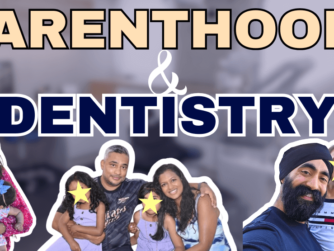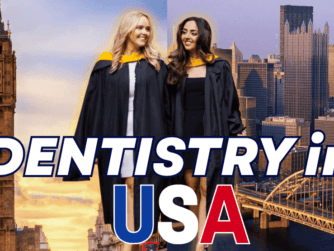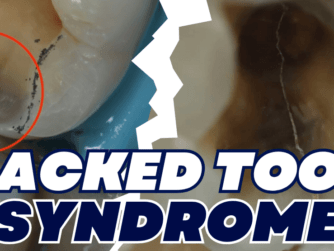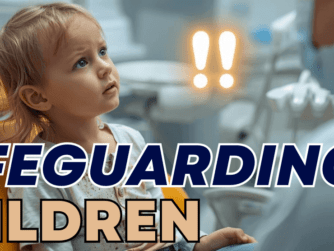Podcast: Play in new window | Download (Duration: 1:16:56 — 108.1MB)
Subscribe: RSS
This episode is deep. Burnout is a syndrome of chronic workplace stess that has not successfully been managed. It is unfortunate but it does and can affect so many of our colleagues. In this episode with Dr Emma Courtney, we discuss how to identify when someone is in a difficult patch or experiencing burnout and how to cope with it. The second half of this episode is about planning your CPD/Dental CE appropriately.
Protrusive Dental Pearl: Before starting on a course or program, be sure to have a patient in mind already that will benefit from you going on this course or gaining this piece of education. That way you will be able to apply what you learned ASAP and implementation is key!
“One of the the components of burning out is that emotional exhaustion – that kind of depersonalizing and trying to distance yourself from things” Dr Emma Courtney
In this episode we talked about:
- Dr Emma’s journey moving to New Zealand 7:42
- Dr Emmas’s personal experience with burnout 18:02
- Dr Emma’s source of stress and burnout 26:03
- How to overcome burnout 34:56
- How stress and burnout affects Dr Emma’s dentistry life 39:21
- The importance of help even outside Dentistry 50:27
- How to think differently about your CPD 56:04
Check out Dr Emma’s Podcast The Fang Farrier
If you loved this episode, you will like How to Win at Life and Succeed in Dentistry – Emotional Intelligence







